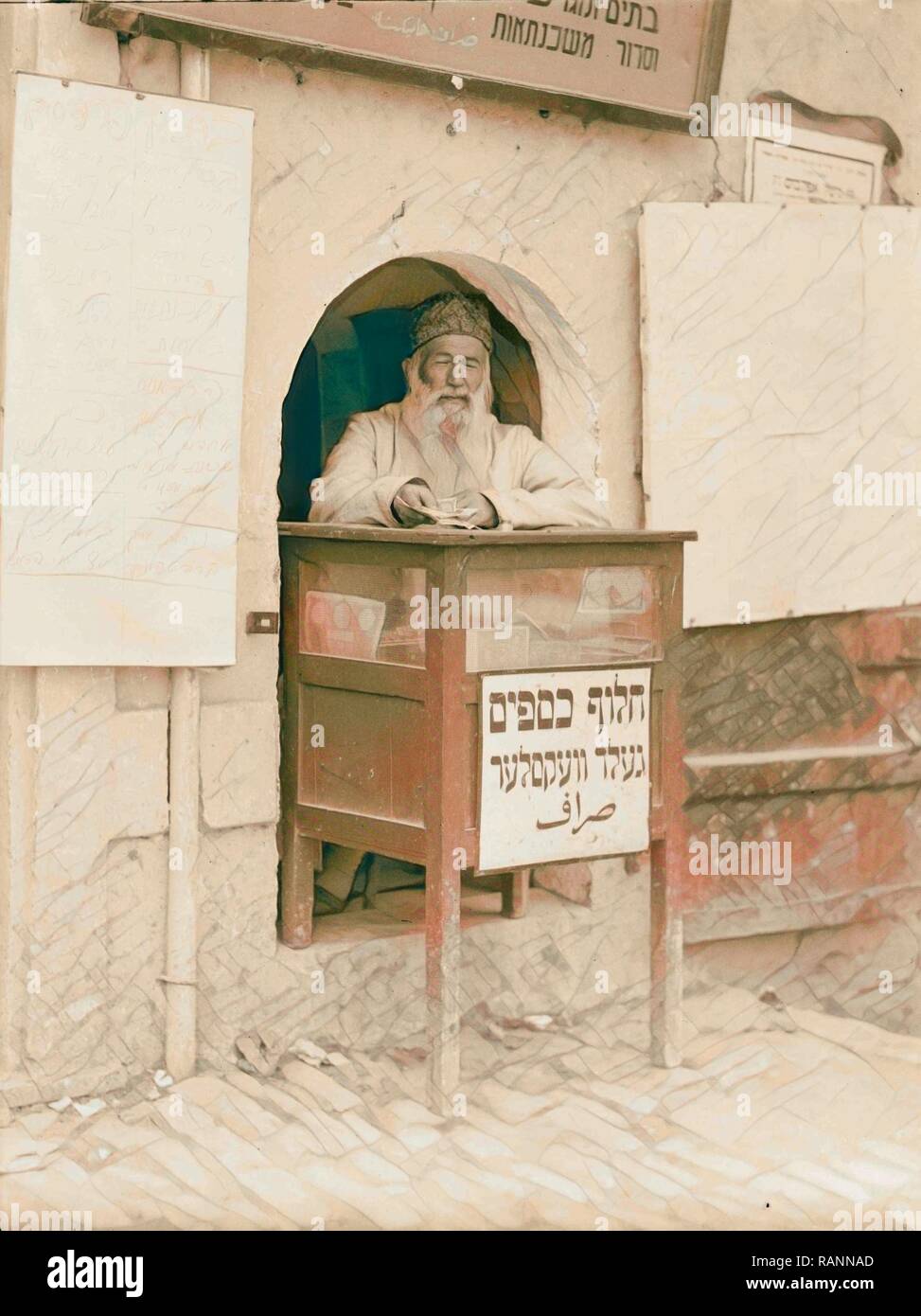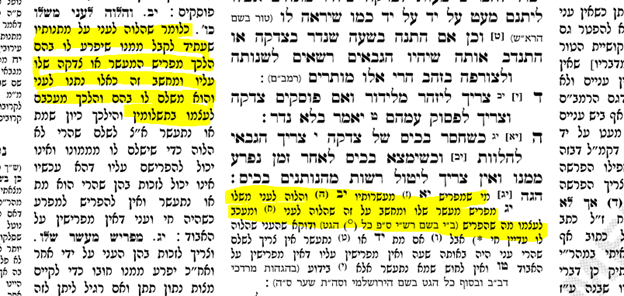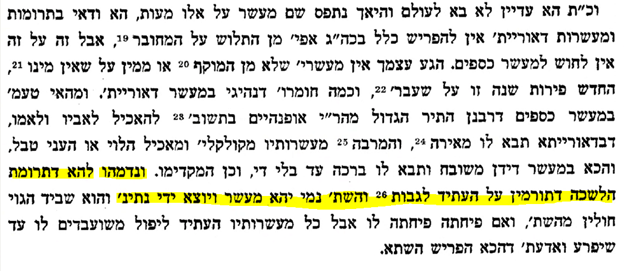BSD
Shkolim 5b(2) – 6a
Shvat 13, 5784 – 01/23/2024
1- משנה. Case of a שליח that accepted to deliver someone’s מחצית השקל to the גזבר and upon arriving decides to give it as his own.
The issues are:
גניבה- he used someone’s שקל for his own use.
תשלומין- he needs to repay the שקל to the sender.
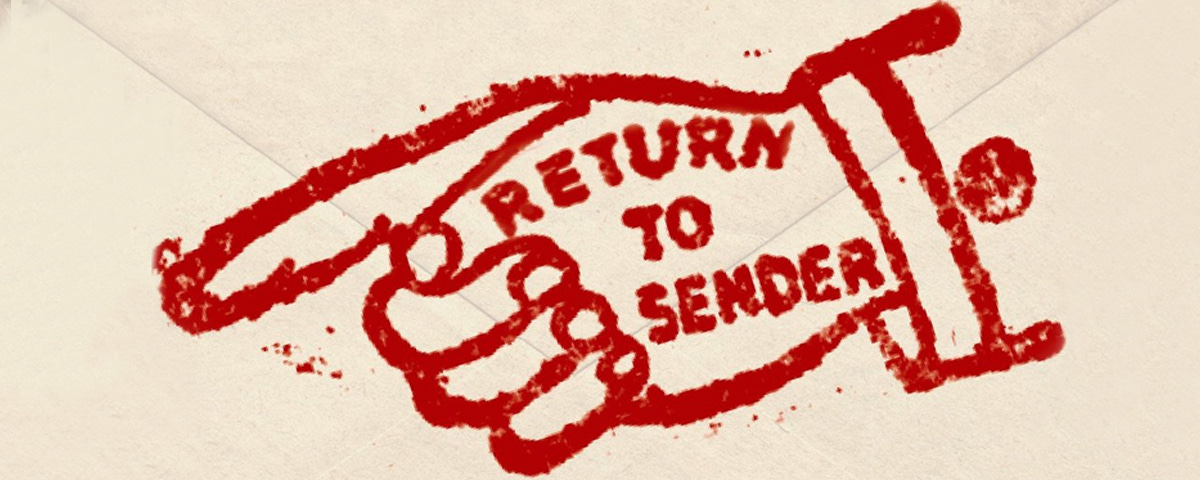
מעילה- if he delivered it after ראש חודש ניסן, when it belongs to הקדש, he was מועל.
2- The גמרא explains that מעילה is only when he tells the גזבר ‘this is from me’. If he gives it סתם, then nothing happened since it is considered that the משלח gave it.

The גמרא compares this to someone who steals an עולה and proceeds to bring it to the בית המקדש as his own קרבן . When he arrives with this stolen עולה to the כהן at the מזבח he does not advise him that his intention is for his own sake. The הלכה is that the קרבן is considered as a קרבן for the original owner.
3- We mentioned that this הלכה was used by the חתם סופר (YD 345) on a totally different topic.
Here is the story in short:
Today the ‘מנהג’ is that multiple חיובים can say the קדיש all at the same time.
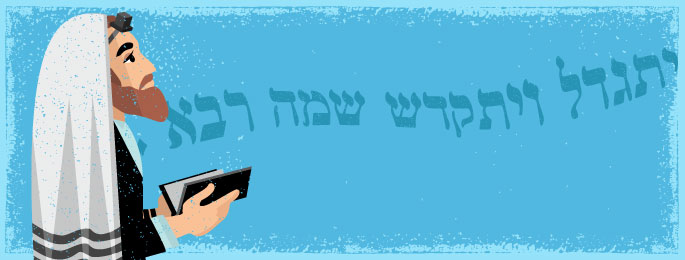
However, up until a few hundred years ago, in Europe, only one קדיש reciter would be allowed. If there were multiple חיובים, there is a ‘list’ as to who gets priority. See Ramo YD 376, 4 and מגן אברהם OC 132, 2.
(see below from Zev Sero).
Now, a wealthy couple’s wife passed away and had no son to say Kadish for her. The husband therefore hired a מלמד to say קדיש in her memory.
As there were other חיובים in this Shul, they refused to allow this מלמד to say קדיש since he is not a relative of the deceased woman. He is just ‘a ge’dungener קדיש’ so he is not on the above list of priorities.

The גביר, having connections with the ‘machers’ of the city, threatened that if they will not allow his hired קדיש זאגער he will get the אקרו”ט, to disallow all the other חיובים to say קדיש!
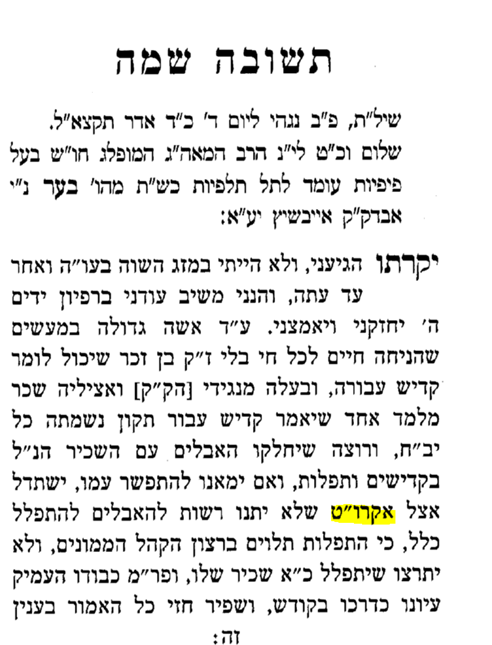
Who is this אקרו”ט? We discussed the power that the leaders of the קהילה had in days of old. אקרו”ט means אלופים, קצינים, רבנים וטובים

אלופים, קצינים, רבנים וטובים
See here. Some קהילות still use this term. See here.
So the חתם סופר was asked if a hired קדיש has any rights to get a slot when there are other חיובים.
He first quotes the opinion of רבי יוחנן of Troyes, who was one of the ראשונים, that on hired קדיש does indeed have a right to ‘get on line’.
[We mentioned in passing that the city of Troyes is where Rashi was born and studied until moving to Germany for 10 or so years. Eventually Rashi returned to Troyes where he is buried. ]
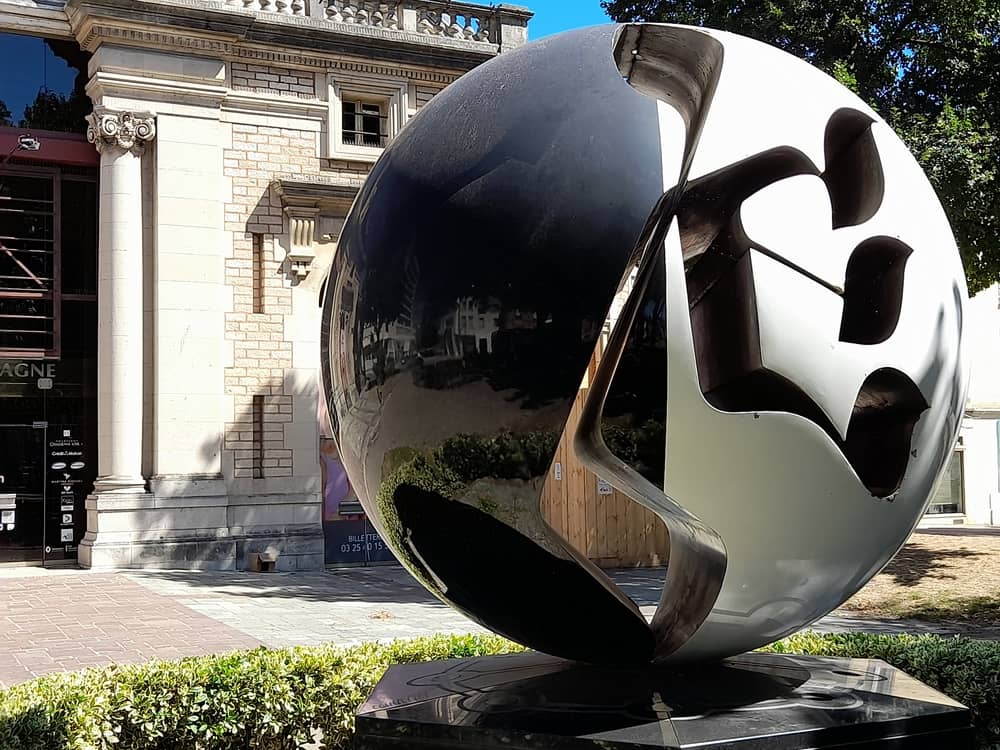
Sculpture for Rashi, in Troyes
After analyzing the issues at length he comes to the conclusion that the rights of every member in a קהילה is a form of a partnership. When a member passes away he loses these rights.
However, his relatives have an obligation of their own to ‘help’ the נשמה of their deceased relative. But a hired קדיש has no moral obligation to say the קדיש and therefore is not included in the roster of the קדיש-sayers.
He concludes by saying that regardless, they should find a way to satisfy this גביר by allowing his hired קדיש-sayer to share a slot.
And then the Chasam Sofer adds another interesting point based on our גמרא.
Forcing yourself, against the wishes of another קדיש-sayer, to recite your own קדיש (or grabbing the עמוד) is not advisable.

‘As I heard in my youth in the name of the שב יעקב, that if one ‘grabs away’ a קדיש that belongs to another, the ‘chaper’ gains nothing for himself and does not diminish the זכות of the person who he grabbed it from!
Why? The קדיש that he says goes to the benefit of the person whom he shoved aside!
Adds the חתם סופר – our גמרא is proof for this. As mentioned above:
‘someone who steals an עולה and proceeds to bring it to the בית המקדש as his own קרבן . When he arrives with this stolen עולה to the כהן at the מזבח he does not advise him that his intention is for his own sake. The הלכה is that the קרבן is considered as a קרבן for the original owner’.
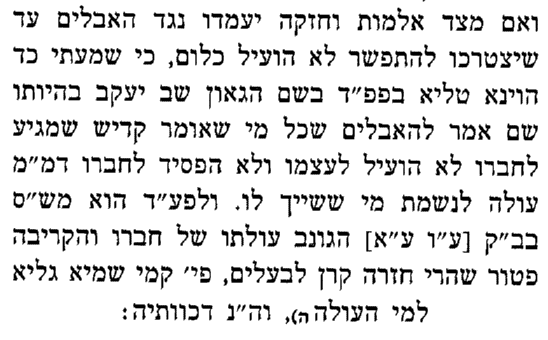
Zev Sero:
Yekkes and Ashkenazim (i.e. Oberlanders), as well as some others, still keep the original minhag that only one person can say kaddish. At KAJ an אבל is lucky to get a turn once a week.
